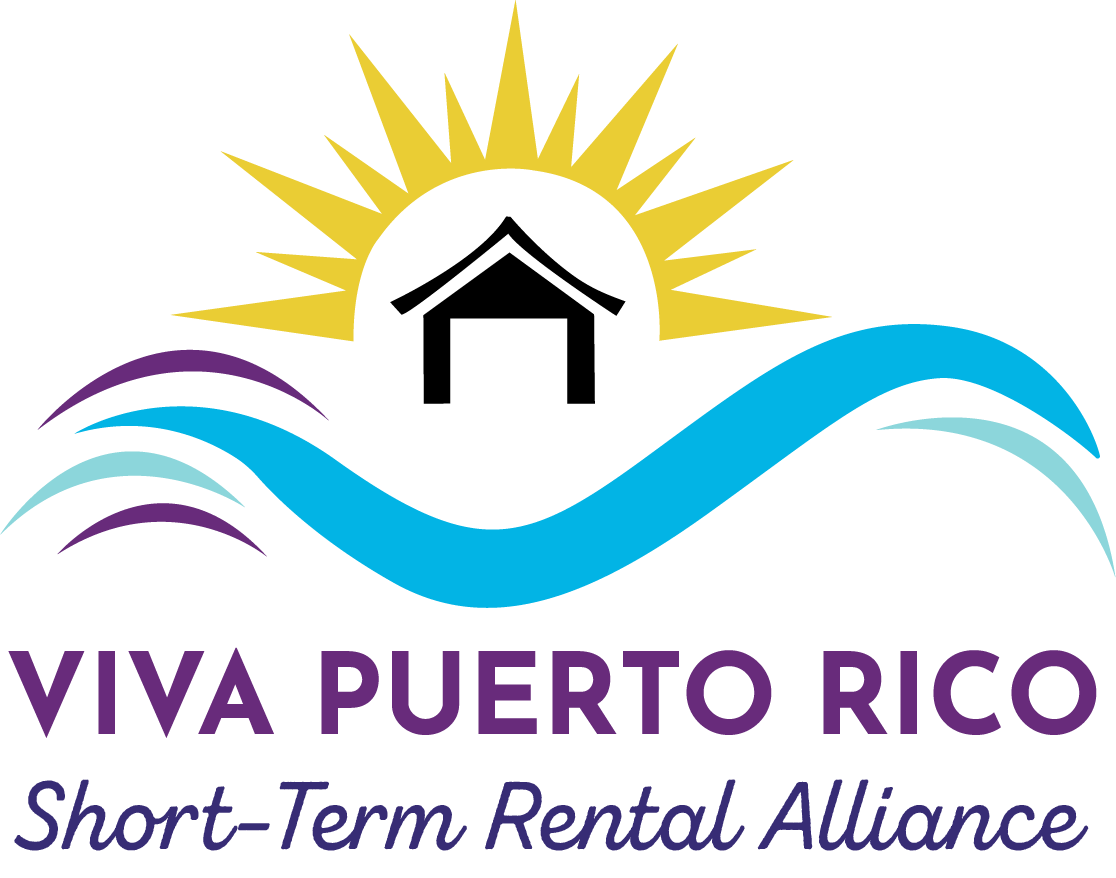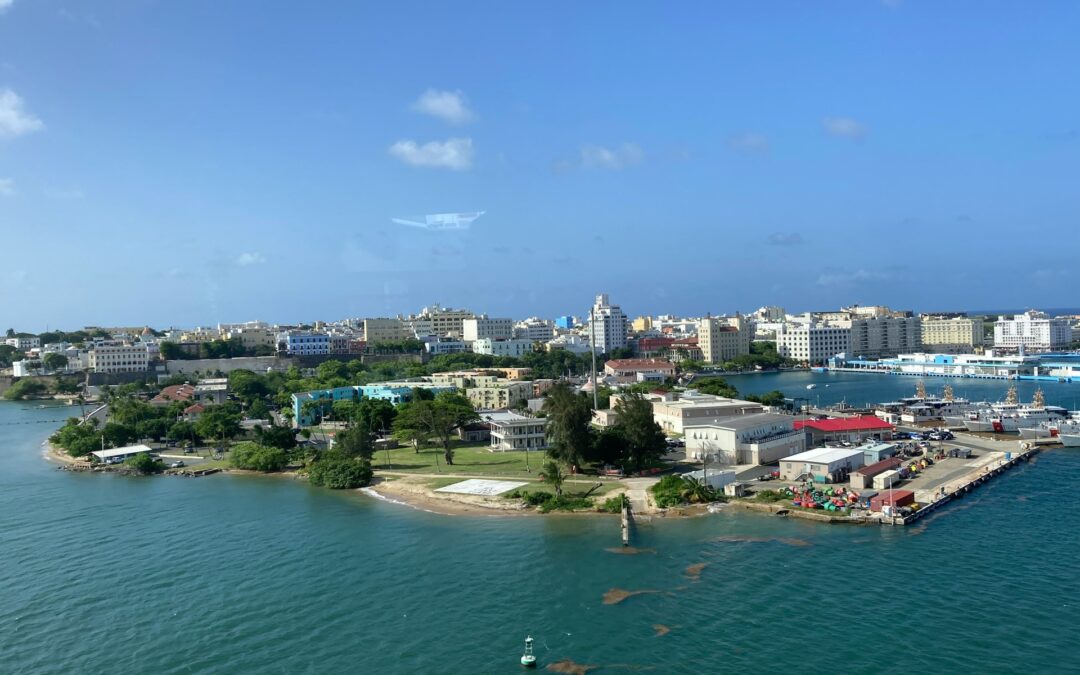Ordinance Number 39, Series 2022-2023
On May 19, 2023, the Municipality of San Juan enacted Ordinance Number 39, establishing key regulations for short-term rental operators and granting a 180-day compliance period. An amendment in June 2024 extended the deadline for permits until December 31, 2024, and a new proposal aims to introduce provisional permits for operators meeting specific criteria. Below, you’ll find a comprehensive summary of Ordinance Number 39 and its amendment, Ordinance Number 24, outlining the requirements and steps to ensure compliance.
Ordinance Number 39, Series 2022-2023 of the Autonomous Municipality of San Juan regulates short-term rentals (STR) in its jurisdiction with the purpose of balancing economic development and community coexistence. Here is a summary of its most important provisions:
- Mandatory Registration and License:
- Anyone wishing to operate an STR must register and obtain an annual license issued by the municipality’s Permits Office.
- Differentiated fees apply: $100 for shared residence units and $500 for non-shared units or movable property.
- License Requirements:
- Compliance with municipal and state permits and registrations (Tourism, Treasury, CRIM).
- Submission of a sworn statement of compliance with community standards and property documents.
- Restrictions and Oversight:
- Events or commercial activities are prohibited on properties designated for STR.
- Properties must comply with laws regarding coexistence, proper noise management, and waste disposal.
- Municipal police and other agencies have authority to inspect and fine non-compliant operators.
- Fines and Penalties:
- Progressive fines based on the number of violations:
- First violation: $500.
- Second: $1,000 with possible license revocation for 1 year.
- Third: $2,500 with license revocation for 3 years.
- Operating without a license carries penalties ranging from $250 to $5,000 depending on the type of unit.
- Progressive fines based on the number of violations:
- Use of Revenues:
- Funds collected will be used for oversight, beautification, safety, and cleaning in affected areas.
- Cooperation with Digital Platforms:
- Agreements (Memorandums of Understanding) are established with platforms like Airbnb and Vrbo to share information about registered properties.
- Restrictions in Communities and Condominiums:
- STR is not allowed in areas where association bylaws or master deeds prohibit it.
- Transition Period:
- A 180-day period is granted for hosts, operators, and intermediaries to comply with registration and licensing requirements.
This ordinance reflects an effort to regulate the proliferation of short-term rentals while protecting residents’ quality of life and ensuring orderly economic development.
According to Ordinance Number 39, Series 2022-2023, of the Autonomous Municipality of San Juan, a 180-day transition period is established from its approval to implement internal mechanisms and procedures. Additionally, hosts, operators, and intermediaries must register and comply with the requirements within 180 days after the end of the transition period.
Therefore:
- The ordinance was approved on May 19, 2023.
- The initial transition period is 180 days.
- The deadline to complete registration and submit the required documentation would be approximately late May 2024, considering possible extensions and subsequent provisions.
- A recent amendment has extended the deadline until May 31, 2025 for hosts and operators to meet the requirements.
Ordinance P. de O. No. 24
Below is a summary of the most important points of Ordinance P. de O. No. 24, Series 2024-2025, which amended Chapter VII of the Urban Code of the Municipality of San Juan to regulate the Short-Term Rental (STR) Registration Process.
Objective of the Ordinance
To facilitate the registration process for short-term rentals in San Juan and establish mechanisms that streamline licensing and oversight while ensuring compliance with other existing regulations.
Main Changes
- Simplified License Requirements (Article 7.007):
- A temporary license of up to 1 year is allowed for applicants who certify under penalty of perjury that they have applied for the required Unique Permit (PU) to operate.
- Key requirements include:
- Certification of registration with the Puerto Rico Tourism Company and compliance with other government agencies (Treasury, CRIM, etc.).
- Certification of no tax debts or having an approved and valid payment plan.
- Declaration of compliance with condominium, urbanization, or homeowners’ association regulations.
- Identification of digital platforms used for rentals.
- Simplified License Information (Article 7.009):
- Only the Unique Permit number is required to be included in the license issued to operate an STR.
Focus on Oversight
- The Permits Office will have the authority to:
- Reject applications containing incomplete, false, or fraudulent information.
- Impose administrative fines and refer cases of falsified documentation to the authorities.
Other Important Provisions
- Compatibility with Other Regulations:
- The ordinance repeals any prior provisions incompatible with the new regulations.
- Legal Severability:
- If any section is declared unconstitutional, the rest of the regulations remain in effect.
- Effective Date:
- The ordinance becomes effective immediately upon approval.
Importance of the Unique Permit (PU)
The Unique Permit, required by Law 161-2009, is essential for commercial and STR activities, consolidating construction and use permits. This process is facilitated by the temporary license.
Registration Deadline
The deadline for hosts, operators, and intermediaries to complete their STR registration is now Saturday, May 31, 2025.
In summary, this amendment simplifies the registration process, introduces a temporary license to ease the transition, and reinforces oversight to ensure compliance with municipal and state regulations.

